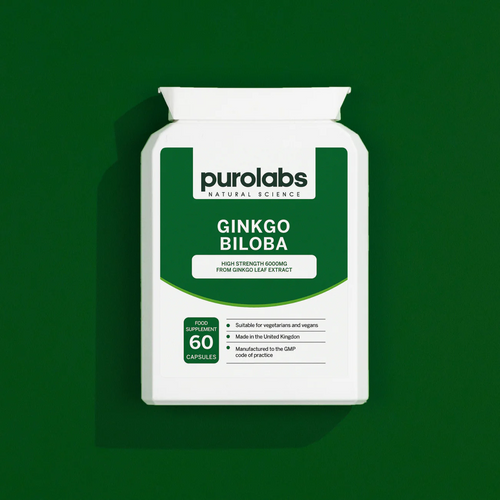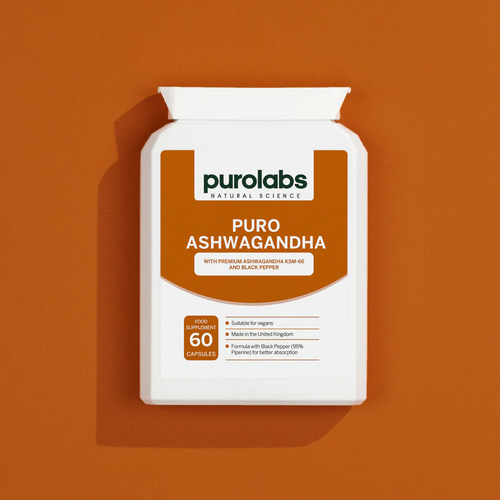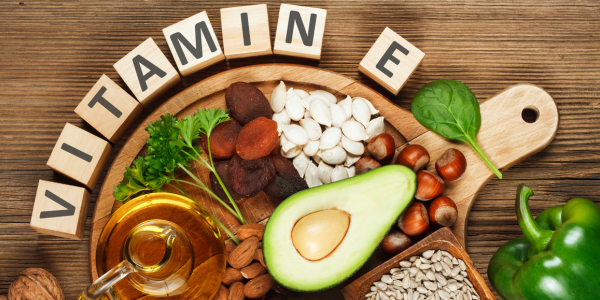Spring signals new beginnings, fresh starts and a creeping sense of hope that summer is just around the corner.
The days become longer, the air smells fresher and with that brings an energised willingness to simply do more.
We want to make the most out of our spare time outside of work. We plan midweek activities, outdoorsy weekend getaways and many of us find that day to day we move a little more.
There is a burning desire to excitedly fill the week with plans. However, for many, the thought of activities after a long day at work can be exhausting.
Perhaps work is hectic. We’re not sleeping as well as we want to. Frequent energy dips throughout the day are leading to chronic brain fog. The focus, let alone desire to plan and prep for fun in advance is, well…not there.
One of the most rewarding outcomes of focusing on our health is the staggering improvements it can have on how we feel and the energy we can maintain to enrich our lives. It becomes a positive reaffirming loop of gaining the motivation and focus to do more, which provides a dopamine hit to entice us to do it all over again.
If the thought alone of filling out your spring schedule is tiring, and you don’t know where to begin, you are not alone. This article will provide a few key tips that will help boost energy and vitality this season. Let’s explore how we can supplement, drink and eat our way to increased energy and enhanced focus this spring.
Manage Blood Sugar for Focus
One of the most significant nutritional considerations you can make to enhance your wellbeing, increase energy, and support your ability to consistently focus is to balance your blood sugar.
Glucose, aka sugar is the primary fuel source for the body¹. Maintaining stable blood sugar allows cells to efficiently use glucose for various functions including energy production. If we consume a diet that is high in ultra processed foods and sugars and low in protein and fibre, our body responds by pumping out insulin to help manage the increase in glucose within the bloodstream².
Over time, the body is under stress to consistently overproduce insulin and release it into the bloodstream to help manage the response. This can lead to insulin resistance, in which our cells start to ‘reject’ insulin’s role of shifting glucose into our cells for energy.
Which leads to cells slowly over time becoming insulin resistant. Insulin resistance affects energy and focus in many ways:
-
It increases the risk of cardiovascular disease which includes how we transport oxygen around the body³.
-
It also spikes cortisol, which is our stress hormone, providing a sense of alertness followed by an energy crash
-
Increased risk of diabetes, obesity and hormonal imbalances⁴
A simple but incredibly effective way to start supporting and promoting insulin sensitivity, aka, supporting our cells ability to absorb and utilise glucose for energy, is to start with breakfast.
A protein and fibre-rich breakfast is not only satiating, protein and fibre helps to slow carbohydrate digestion and delay their absorption into the bloodstream, slowing the signal to the pancreas to produce insulin.
If you tend to skip breakfast, then here are a few simple but blood-sugar friendly breakfast ideas:
-
Greek yoghurt topped with nuts, seeds, peanut butter and a generous handful of berries
-
A three-egg omelette, with red pepper, red onion and rocket
-
A smoothie with a scoop of plant protein, almond butter, half an avocado and a handful of strawberries
Boost Focus with Nootropics
Whilst eating a well-balanced nutrient dense diet that supports blood sugar balance is a key pillar to sustained focus, we can get even more specific by directly avoiding brain fog through nootropics.
Nootropics, whilst having gained exponential popularity in recent years for their brain-boosting properties, have been used medicinally for many facets of mood and wellbeing for millennia.
Nootropics can be found in tea, herbs, amino acids, and even pharmaceutical medications:
Caffeine: Caffeine can increase alertness and focus, however the focus that caffeine brings can be short lived.
L-theanine: An amino acid found in tea, l-theanine is known for it’s calming properties, helping to boost focus and concentration.
Creatine: This amino acid, whilst commonly known for its muscle-building effects, can also improve mental performance. Studies show that it may even help support the brain response when under pressure to make quick decisions⁵.
Fish oil: Good quality fish oils contain DHA & EPA which are two essential fatty acids, known for their anti-inflammatory brain boosting benefits including memory and brain cell function. Fish oil has also been shown to help turn on the brain’s Brain-derived neurotrophic factor (BDNF). BNDF is a protein that if often associated with elevated mood, cognition and neuroplasticity⁶.
A few nootropics have adaptogenic properties, which have been clinically shown to help promote relaxation and reduce stress, which we know is key for improved energy and focus. At Purolabs, we have sourced, extracted and carefully formulated adaptogenic herbs into therapeutic supplements to help provide your daily dose of relaxation.
Lion’s Mane
Lion's mane mushrooms derive their name from their unique shaggy shape. The bioactive substances derived from lion's mane have been studied for their effects on the brain. Animal studies have shown that the adaptogenic may reduce the risk of dementia, mild symptoms of anxiety and depression and even potentially repair brain damage by supporting nerve growth.

Lions Mane
Ginkgo Biloba
Ginkgo Biloba is a potent antioxidant adaptogenic which is also known by its other name 'maidenhair' which is a species of gymnosperm trees native to East Asia. In fact, this medicinal herb derives from one of the oldest trees on planet earth!⁷
It is most commonly known as a vasodilator, helping to open up blood vessels and improve blood circulation. Ginkgo biloba has been shown to help support the delayed onset of dementia and improve cognitive ability.⁸

Ginkgo Biloba
Ashwagandha
Ashwagandha is one of the most commonly used adaptogenic herbs for cortisol (stress) reduction⁹.
In recent years it has rightly gained popularity as a supplement targeted to help support the symptoms associated with menopause, including insomnia, irritability and high stress.

Ashwagandha
Be Careful
Nootropic supplements can have a powerfully positive effect on brain function, energy and focus. However, if you are taking supplements or pharmaceuticals that affect mental wellbeing or cardiovascular health do always consult with a registered health professional before adding nootropics into your daily supplemental tool kit.

 Beauty
Beauty
 Bone Health
Bone Health
 Brain Health
Brain Health
 Energy
Energy
 Eye Health
Eye Health
 Gut Health
Gut Health
 Hair
Hair
 Hormonal Health
Hormonal Health
 Heart Health
Heart Health
 Immunity
Immunity
 Joints
Joints
 Menopause
Menopause
 Pregnancy
Pregnancy
 Kids
Kids
 Sleep
Sleep
 Stress & Mood
Stress & Mood




















